After the re-emergence of the world’s first mutant, world-destroyer Apocalypse, the X-Men must unite to defeat his extinction level plan.
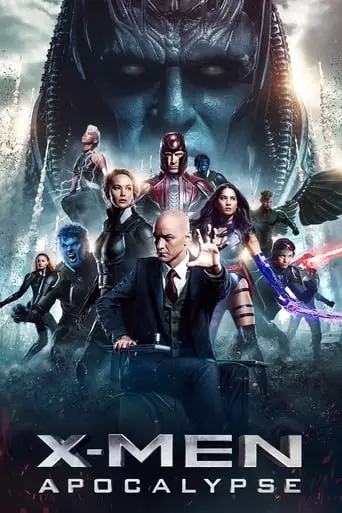
After the re-emergence of the world’s first mutant, world-destroyer Apocalypse, the X-Men must unite to defeat his extinction level plan.
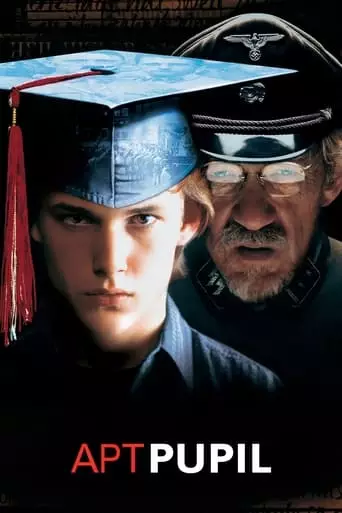
One day in 1984, Todd Bowden, a brilliant high school boy fascinated by the history of Nazism, stumbles across an old man whose appearance resembles that of Kurt Dussander, a […]

Two mutants, Rogue and Wolverine, come to a private academy for their kind whose resident superhero team, the X-Men, must oppose a terrorist organization with similar powers.
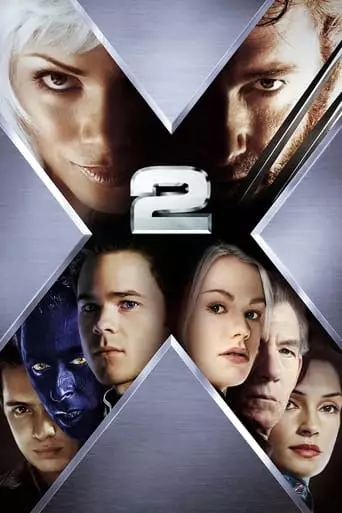
Professor Charles Xavier and his team of genetically gifted superheroes face a rising tide of anti-mutant sentiment led by Col. William Stryker. Storm, Wolverine and Jean Grey must join their […]

Superman returns to discover his 5-year absence has allowed Lex Luthor to walk free, and that those he was closest to felt abandoned and have moved on. Luthor plots his […]

Wounded in Africa during World War II, Nazi Col. Claus von Stauffenberg returns to his native Germany and joins the Resistance in a daring plan to create a shadow government […]
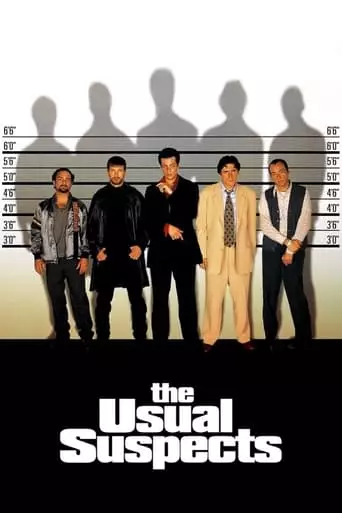
Held in an L.A. interrogation room, Verbal Kint attempts to convince the feds that a mythic crime lord, Keyser Soze, not only exists, but was also responsible for drawing him […]
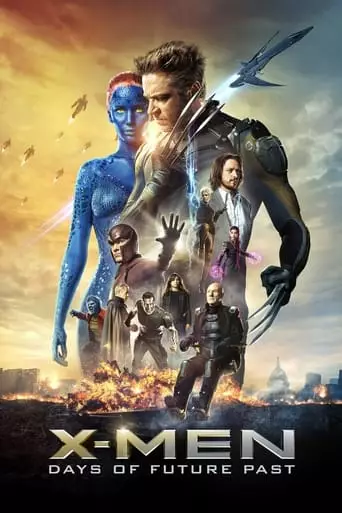
The ultimate X-Men ensemble fights a war for the survival of the species across two time periods as they join forces with their younger selves in an epic battle that […]
Bryan Singer: A Complex Legacy in Modern Cinema
Bryan Singer, born on September 17, 1965, in New York City, is a filmmaker whose career has been marked by both significant contributions to cinema and controversy. Known for directing the X-Men films and The Usual Suspects (1995), Singer helped redefine superhero movies and earned acclaim for his narrative skills and visual storytelling. However, allegations of misconduct have overshadowed his achievements, complicating his legacy in Hollywood.
Early Life and Education
Raised in a Jewish household in West Windsor Township, New Jersey, Singer developed an early interest in film. After studying at the School of Visual Arts in New York City, he transferred to the University of Southern California’s School of Cinematic Arts, where he honed his craft and began forming lifelong collaborations, including with actor Ethan Hawke and screenwriter Christopher McQuarrie.
Breakthrough: The Usual Suspects (1995)
Singer’s breakout came with The Usual Suspects, a neo-noir crime thriller written by Christopher McQuarrie:
Plot: The film revolves around a group of criminals and the mysterious, manipulative figure Keyser Söze.
Accolades:
Won two Academy Awards, including Best Original Screenplay and Best Supporting Actor for Kevin Spacey.
Praised for its complex narrative structure and twist ending.
Impact: The film established Singer as a director capable of crafting intricate, character-driven stories.
Redefining the Superhero Genre
Singer is credited with pioneering the modern superhero film era with X-Men (2000):
X-Men (2000):
Starring Hugh Jackman, Patrick Stewart, and Ian McKellen, the film brought Marvel Comics’ iconic characters to the big screen with a grounded, dramatic tone.
Significance: Helped revive interest in comic book adaptations and laid the groundwork for the Marvel Cinematic Universe.
X2: X-Men United (2003):
Often regarded as one of the best superhero sequels, X2 expanded on the themes of prejudice and identity, blending action with emotional depth.
Return to the Franchise:
Directed X-Men: Days of Future Past (2014), a critical and commercial success that united two generations of X-Men actors.
Other Notable Films
Superman Returns (2006):
Singer’s attempt to revive the Superman franchise received praise for its visual effects and homage to Richard Donner’s original films but faced criticism for its lack of innovation.
Valkyrie (2008):
A historical thriller about a failed assassination attempt on Adolf Hitler, starring Tom Cruise.
Reception: Received mixed reviews but was noted for its tense storytelling and production design.
Bohemian Rhapsody (2018):
A biographical film about Queen and its lead singer Freddie Mercury.
Controversy:
Singer was fired during production due to on-set conflicts and was replaced by Dexter Fletcher, though he retained sole directing credit.
Despite the behind-the-scenes turmoil, the film became a massive hit, grossing over $900 million and winning multiple Oscars.
Directorial Style and Themes
Singer’s films often explore themes of identity, outsiders, and moral ambiguity:
Themes:
Characters who struggle with acceptance and self-discovery, as seen in the X-Men franchise.
Moral gray areas and the manipulation of truth, exemplified in The Usual Suspects.
Style:
A focus on ensemble casts and character dynamics.
Strong visual storytelling, with dynamic camera work and an emphasis on atmosphere.
Controversy and Legal Issues
Singer’s career has been marred by allegations of sexual misconduct, which first surfaced in the late 1990s and have resurfaced periodically over the years. Several lawsuits and accusations have been brought against him, though Singer has consistently denied the allegations.
These controversies have led to his professional ostracism in Hollywood, with many distancing themselves from him. While Bohemian Rhapsody was a commercial success, it marked the end of Singer’s involvement in major studio projects.
Legacy: Talent Overshadowed by Controversy
Singer’s contributions to modern cinema, particularly the superhero genre, cannot be understated. His early work helped reshape Hollywood’s approach to comic book adaptations, emphasizing character depth and societal themes. The Usual Suspects remains a touchstone in crime thrillers, and his direction of ensemble casts has been widely influential.
However, the allegations against Singer have cast a long shadow over his legacy, raising questions about accountability and ethics in the film industry.
Conclusion
Bryan Singer’s career is a tale of two narratives: one of a visionary filmmaker who changed Hollywood and another of a figure mired in controversy. While his films continue to resonate with audiences, his personal and professional conduct has complicated his place in cinematic history. As the industry continues to grapple with issues of power and accountability, Singer’s story serves as both a cautionary tale and a reminder of the complexities of legacy in the modern age.